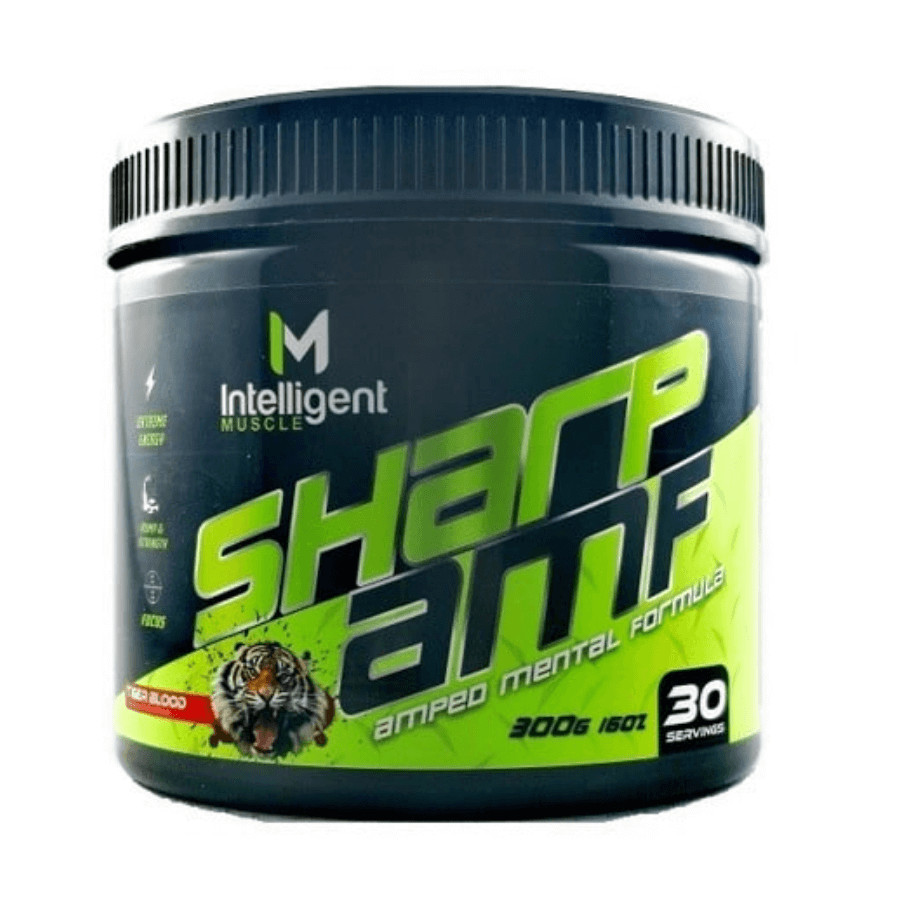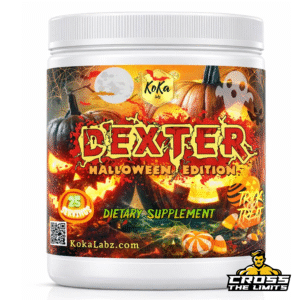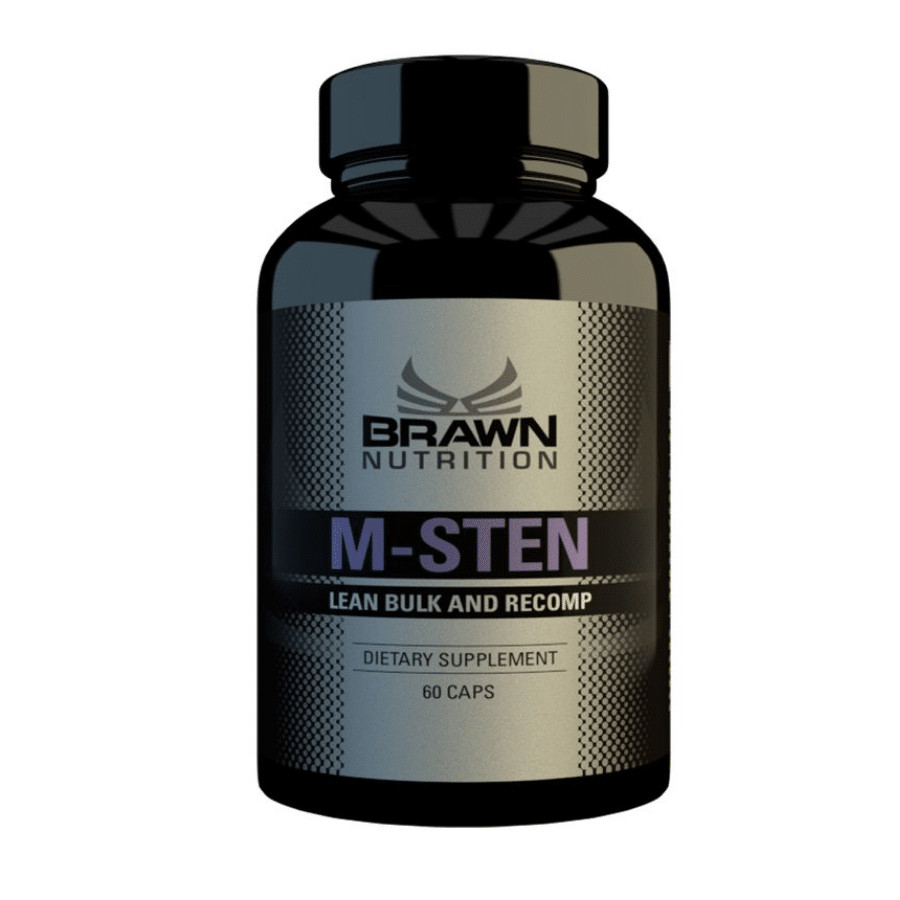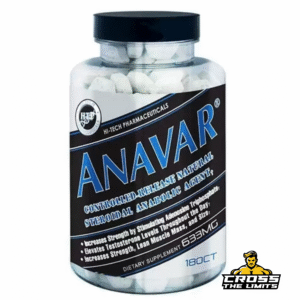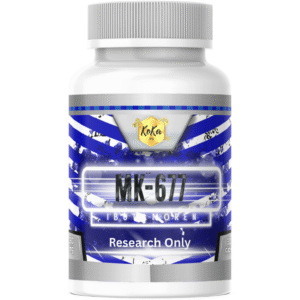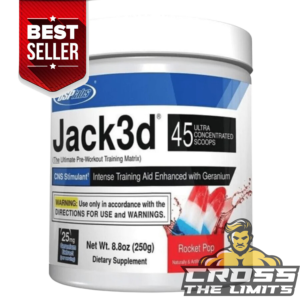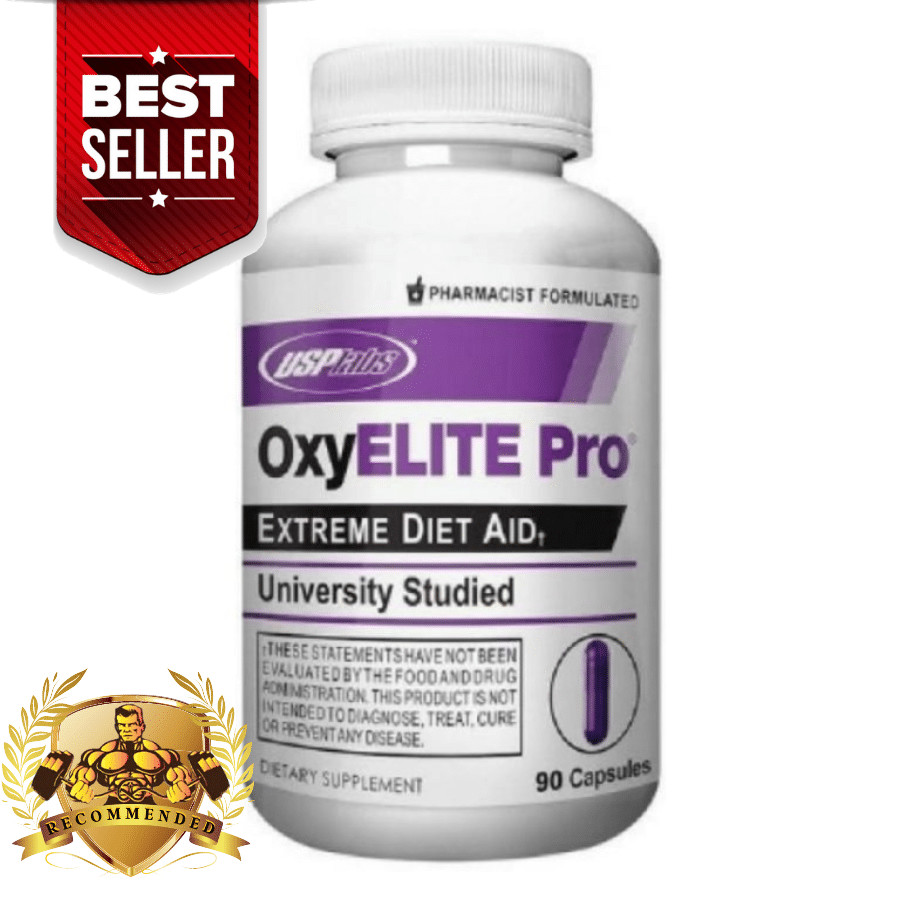Sports nutrition is crucial to athletic performance and overall health. It involves studying and practising nutrition and diet related to athletic performance. Proper nutrition is essential for athletes as it provides the fuel for optimal performance, aids in recovery, and helps prevent injuries. Without proper nutrition, athletes may experience fatigue, decreased performance, and increased risk of injury. Additionally, sports nutrition is vital in maintaining overall health and well-being, as it can help prevent chronic diseases and promote longevity.
To understand the importance of sports nutrition, it is essential to recognize the impact of food and nutrients on the body. To function optimally, the body must balance macronutrients (carbohydrates, proteins, and fats) and micronutrients (vitamins and minerals). For athletes, the demands on the body are even more significant, as they require additional energy and nutrients to support their training and competition. Therefore, understanding the specific nutritional needs of athletes is crucial for maximizing performance and achieving long-term success.
Fueling the Body for Optimal Performance
Fueling the body for optimal performance is a critical component of sports nutrition. Carbohydrates are the body’s primary energy source, making them essential for athletes. They provide the fuel needed for high-intensity exercise and help maintain blood glucose levels during prolonged activity. Athletes need to consume adequate carbohydrates to support their training and competition needs. Additionally, proteins play a crucial role in muscle repair and growth, making them essential for athletes looking to improve their performance and recover from intense workouts. Fats are also crucial for athletes as they provide energy during low-intensity exercise and help support overall health.
-
Out of stock
Hammer Labz Monster Strength 300g
£40.04 £42.24In addition to macronutrients, hydration is also crucial for optimal performance. Dehydration can significantly impact athletic performance, leading to decreased endurance, strength, and coordination. Therefore, athletes must prioritize proper hydration before, during, and after exercise to perform at their best. Overall, fueling the body with the right macronutrients and staying properly hydrated is essential for athletes looking to maximize their performance and achieve their goals.
Hydration and Electrolyte Balance in Athletic Success
Hydration and electrolyte balance play a crucial role in athletic success. Proper hydration is essential for maintaining blood volume, regulating body temperature, and supporting overall performance. Dehydration can lead to decreased endurance, strength, and cognitive function, making it essential for athletes to prioritize proper hydration before, during, and after exercise. Electrolytes, such as sodium, potassium, and magnesium, are also essential for athletic success as they help regulate fluid balance, muscle function, and nerve signalling. Athletes must ensure they are consuming adequate electrolytes to support their training and competition needs.
-
Out of stock
Centurion Labz God of War 30 servings
£20.80 £39.70In addition to staying properly hydrated and maintaining electrolyte balance, athletes must also be mindful of their fluid intake during exercise. Sweat loss can vary depending on the individual and environmental conditions, making athletes need to monitor their fluid intake and adjust accordingly. Proper hydration and electrolyte balance are essential for athletic success, as they can help prevent dehydration, support performance, and aid in recovery.
The Role of Macronutrients in Athletic Performance
The role of macronutrients in athletic performance is significant as they provide the necessary energy and nutrients needed to support training and competition. Carbohydrates are the body’s primary energy source, making them essential for athletes looking to perform at their best. They provide the fuel needed for high-intensity exercise and help maintain blood glucose levels during prolonged activity. Athletes need to consume adequate carbohydrates to support their training needs and optimize their performance.
Proteins also play a crucial role in athletic performance, as they are essential for muscle repair and growth. Athletes looking to improve their performance and recover from intense workouts must prioritize consuming adequate protein. Fats are also crucial for athletes as they provide energy during low-intensity exercise and help support overall health. Overall, the role of macronutrients in athletic performance is significant as they provide the necessary fuel and nutrients needed to support training and competition.
Micronutrients and Their Impact on Athletic Success
Micronutrients are crucial to athletic success as they support overall health, energy production, and recovery. Vitamins and minerals are essential for various physiological processes in the body, making them essential for athletes looking to perform at their best. For example, vitamin D is vital for bone health and immune function, while iron is essential for oxygen transport and energy production. Athletes must ensure they consume adequate micronutrients to support their training needs and overall health.
Micronutrients support overall health and play a role in energy production and recovery. For example, B vitamins are important for energy metabolism, while magnesium is essential for muscle function and recovery. Athletes must prioritize consuming various micronutrient-rich foods to ensure they meet their nutritional needs and support their athletic success.
Pre- and Post-Workout Nutrition Strategies
Pre- and post-workout nutrition strategies are crucial in supporting athletic performance and recovery. Pre-workout nutrition provides the necessary fuel to support training and competition. A balanced meal or snack with carbohydrates, proteins, and fats can provide the energy needed for high-intensity exercise and support muscle function. Additionally, staying hydrated before exercise is essential for maintaining blood volume and regulating body temperature.
-
AddAdd
Post-workout nutrition is also essential for supporting recovery and muscle repair. A meal or snack that includes carbohydrates and proteins within 30 minutes to two hours after exercise can help replenish glycogen stores and support muscle repair. Additionally, staying hydrated after exercise is essential for aiding recovery and overall performance.
The Importance of Recovery Nutrition in Achieving Peak Performance
Recovery nutrition is crucial in achieving peak performance as it supports muscle repair, glycogen replenishment, and overall recovery. A balanced meal or snack with carbohydrates and proteins within 30 minutes to two hours after exercise can help replenish glycogen stores and support muscle repair. Additionally, staying hydrated after exercise is essential for aiding recovery and overall performance.
In addition to post-workout nutrition, athletes must also prioritize consuming a balanced diet that includes a variety of macronutrients and micronutrients to support their training needs and overall health. Consuming adequate carbohydrates, proteins, fats, vitamins, and minerals can provide the necessary fuel for training and competition while supporting overall health. Recovery nutrition is essential for athletes looking to achieve peak performance as it supports muscle repair, glycogen replenishment, and overall recovery.
About the author
Cross The Limits
Cross The Limits is a passionate advocate for health, fitness, and well-being. Since 2018, we have been providing top-quality dietary supplements and vitamins across the UK. Based in Suffolk, our team is committed to helping you achieve your fitness goals with trusted products, expert advice, and unwavering support. Through our blog, we share valuable tips, insights, and the latest trends to inspire and guide you on your health and fitness journey.
Check other posts

What pre-workout supplements can you take every…
February 17th, 2026
Read more
Where to buy the strongest fat burner…
February 10th, 2026
Read more
How to choose the best muscle-building supplements.…
January 30th, 2026
Read moreRelated products
-
Add
KK labz B-aba-Pheni 200g
£88.86AddKK Labz B-aba-Pheni 100g
£46.22Rated 5.00 out of 5Add



